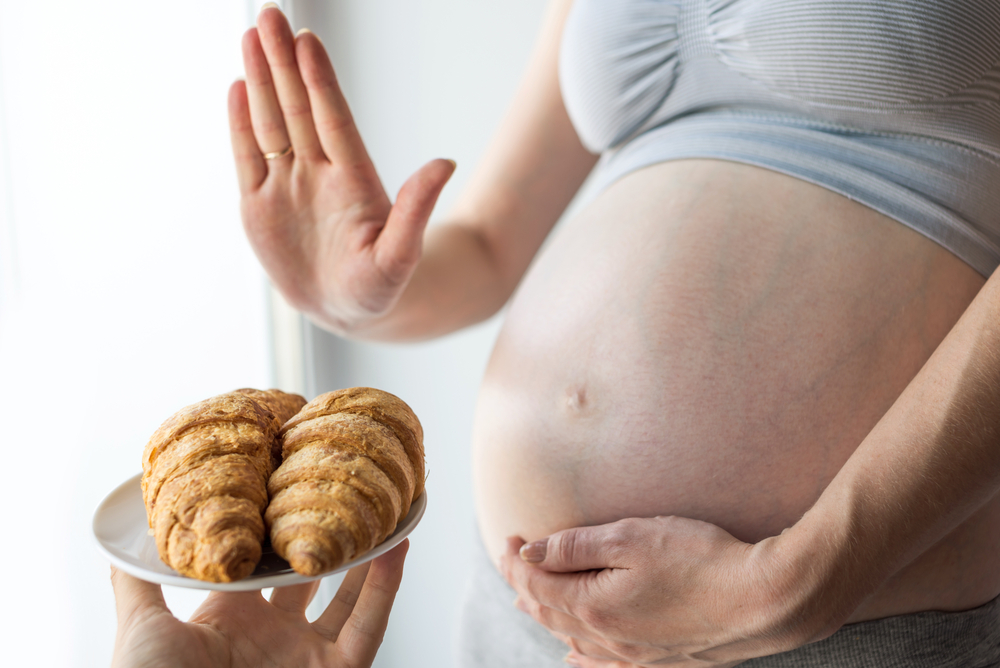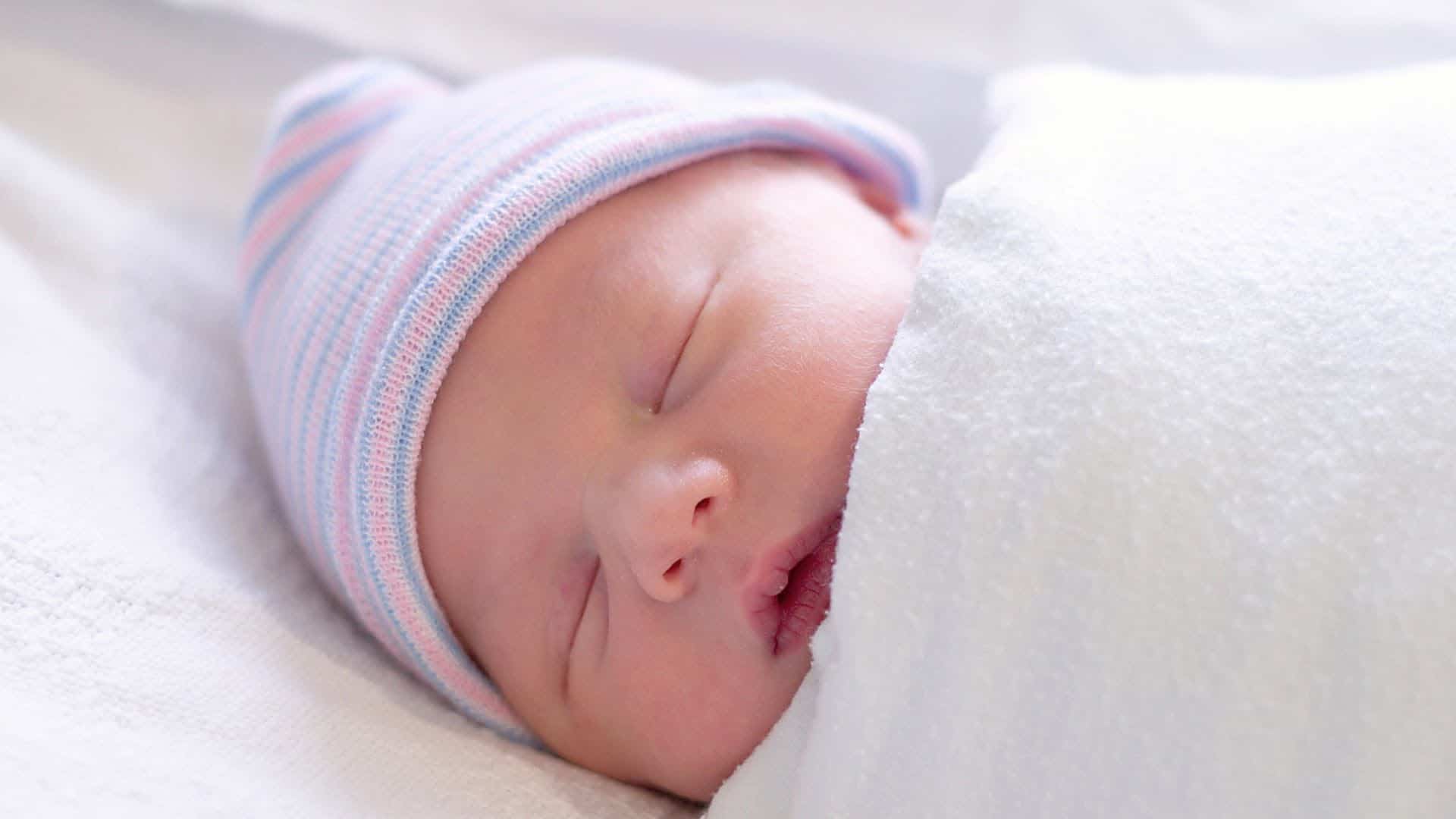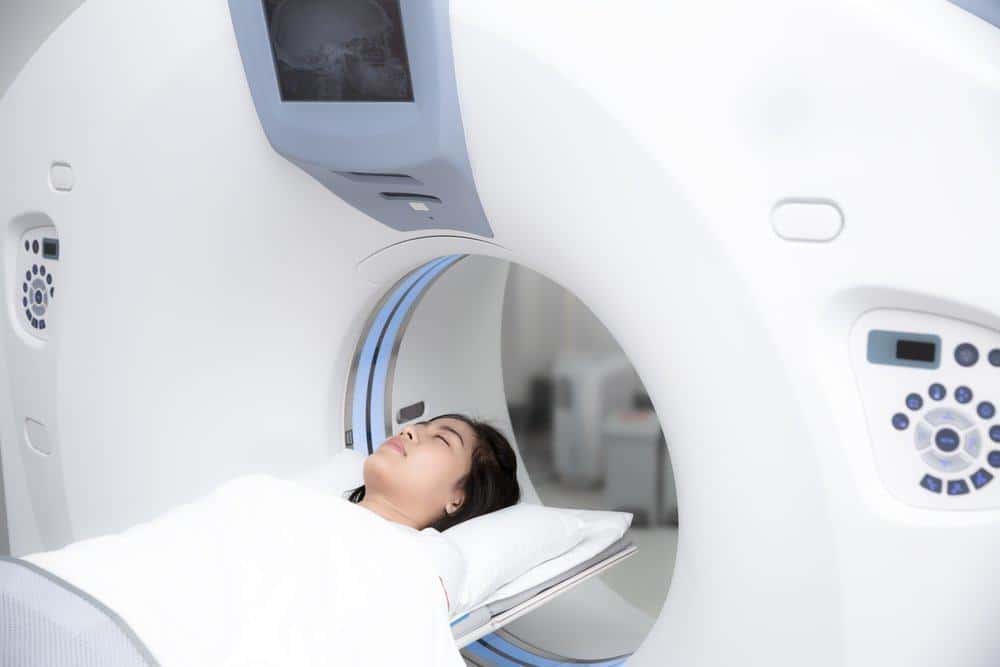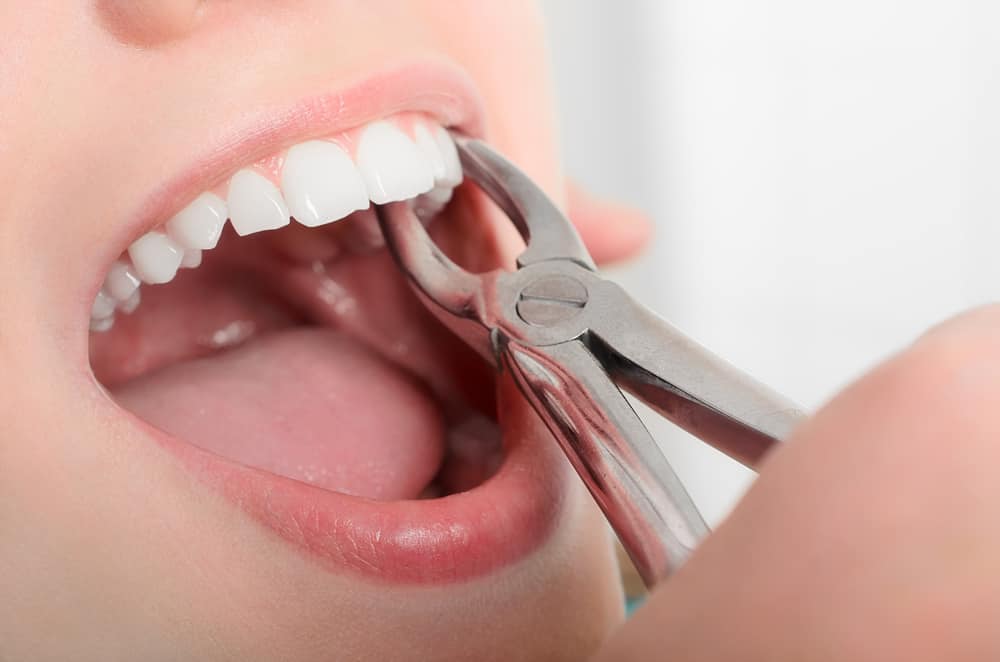Contents:
- Medical Video: How a baby develops during pregnancy
- How can pregnancy affect your diet?
- The effects of bulimia and anorexia during pregnancy on maternal health
- Impact of bulimia and anorexia during pregnancy on fetal health
- Eating disorders must be quickly planted before planning a pregnancy
Medical Video: How a baby develops during pregnancy
Anorexia nervosa and bulimia nervosa are the types of eating disorders that are most often experienced by women of childbearing age. Indonesian women did not escape this experience, although there is no national census that states the exact number of cases of deviant eating behavior. A small study in 2009 stated that 34.8% of teenagers in Jakarta had eating disorders, 11.6% of them had anorexia and 27% had bulimia. Untreated eating disorders can persist into adulthood. So, what are the consequences if women experience bulimia and anorexia while pregnant?
How can pregnancy affect your diet?
Pregnancy is a time in a woman's life which in particular can bring stress and anxiety over a variety of major changes that occur in her body. Especially for women who have eating disorders since before pregnancy.
Pregnancy itself can worsen symptoms of eating disorders. The reason is that hormonal turmoil and weight gain during pregnancy can dramatically change a woman's body shape, increasing her anxiety about ideal body shape and increasing body weight.
This is what then makes the deviant eating patterns they experience deteriorate. On the one hand, they feel they have to eat a lot to support their baby's growth and development. On the other hand, concerns about the ideal body shape made them try desperately to starve themselves again. This stress and anxiety can eventually lead to depression during pregnancy and various other serious medical problems during pregnancy, which can also be fatal to the fetus.
The effects of bulimia and anorexia during pregnancy on maternal health
Eating disorders are a type of real mental illness that is triggered by fear that very much will increase body weight and changes in body shape. This fear is generally manifested by starving, exercising excessively, and / or removing the contents of the stomach so that food intake is not processed into fat deposits in the body. Eating disorders can ultimately cause the body to be severely malnourished and body weight decreases. This can lead to fatal medical problems.
When a woman has anorexia, she may experience an irregular heartbeat, heart failure, changes in reproductive hormones, and interference with her digestive system. Vomiting and laxative abuse, which often accompanies eating disorders, can cause permanent kidney damage. Lack of estrogen production can cause osteoporosis, which can affect a woman's ability to give birth normally. In a normal pregnancy, natural bone density will be reduced to sufficient calcium supply for the fetus and can recover within a few months after delivery for several months after stopping breastfeeding.
However, the decrease in bone density in women who experience anorexia has begun for a long time and continues throughout her pregnancy, so that it is not impossible for the symptoms of osteoporosis to be irreversible. Calcium deficiency during pregnancy can increase your risk of experiencing high blood pressure (hypertension) during pregnancy and preeclampsia, a dangerous complication of pregnancy.
Summarized from various international studies, eating disorders such as bulimia and anorexia during pregnancy can increase a woman's risk of miscarriage. Women with eating disorders have a higher rate of miscarriage than healthy and normal pregnant women. What's more, a British study published in the journal The British Journal of Psychiatry in 2007 found that women who had anorexia during pregnancy were at higher risk for recurrent miscarriages, even after they had recovered from anorexia.
Impact of bulimia and anorexia during pregnancy on fetal health
Women who experience bulimia or anorexia during pregnancy are reported to be at higher risk of giving birth to a low-weight baby when compared to a healthy group of pregnant women. Low birth weight can also be a result of premature birth - another real risk that is possible for anorexic women who are pregnant. Low birth weight babies have a higher risk of serious medical problems, such as respiratory distress syndrome, brain bleeding, and heart defects. Low birth weight is also associated with hypertension in children in the future.
Poor intake of nutrients and calories that the baby receives while in the womb can have a negative impact on growth and development. For example, babies born to anorexia mothers have a high risk of developing diabetes and heart disease, and even have a 35 percent increased risk of death from heart problems. They are also at high risk of learning disorders and mood disorders, as well as physical disorders such as cerebral palsy, liver problems, and cleft lip.
In some extreme cases, eating disorders that are not handled can cause a baby to die (stillbirth). This is caused by severe stress received by the fetus due to health problems from bulimia or anorexia experienced by the mother.
Eating disorders must be quickly planted before planning a pregnancy
Most people who experience eating disorders cannot not realize that they suffer from these deviations. In fact, maybe they refused to be said to suffer from eating disorders. Diet abnormalities are also very rarely detected by doctors in general. Here is how important it is for each prospective mother to undergo a prenatal counseling session and routinely check the uterus during pregnancy to detect eating disorders. This is because women are more open to advice and assistance at this time.
In general, women with sedentary eating disorders will be advised to postpone pregnancy until they are cured and truly ready. Therapy and treatment must be controlled by a doctor, especially in patients with anorexia nervosa. Women with eating disorders should also avoid drugs such as laxatives, diuretics, or appetite suppressants because these drugs are not safe to use during pregnancy.
For women who are already pregnant, it is highly recommended that you consult a gynecologist regarding the condition of her pregnancy which must always be monitored. The active role of other family members is also very important to remind mothers of the importance of nutritional intake during pregnancy for the mother and fetal growth. The healthier a woman's weight during pregnancy, the better for fetal growth compared to mothers who have less or excessive body weight.












